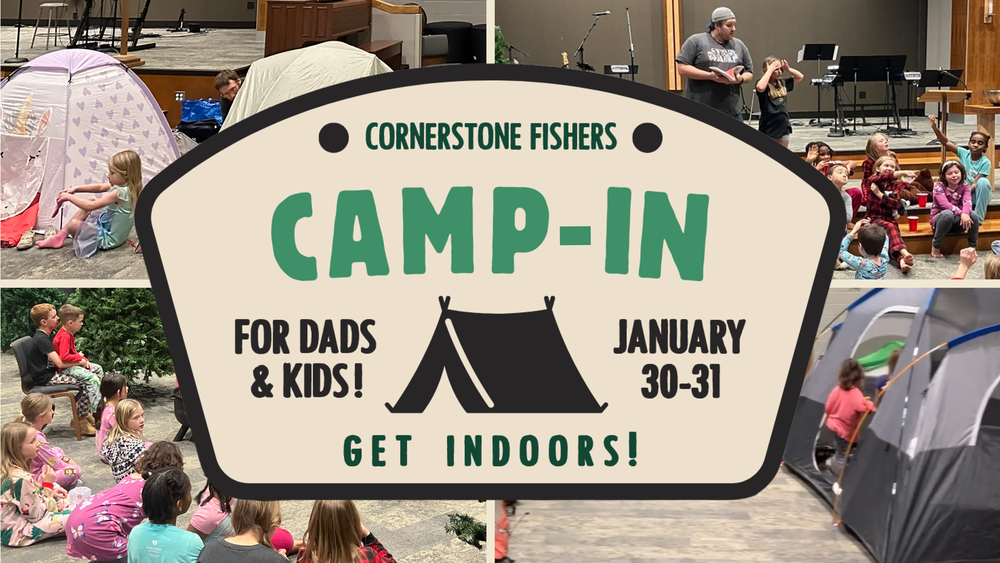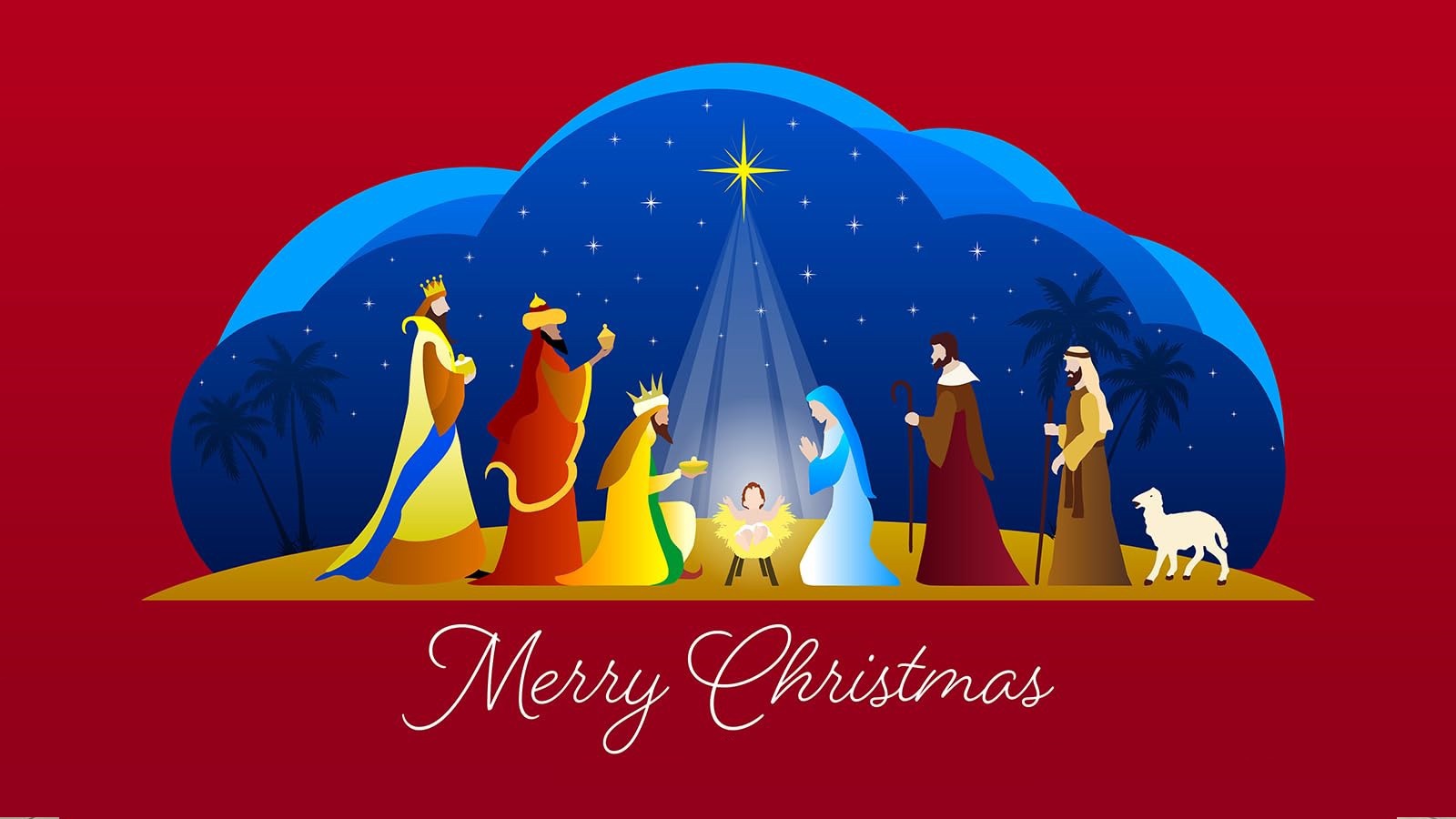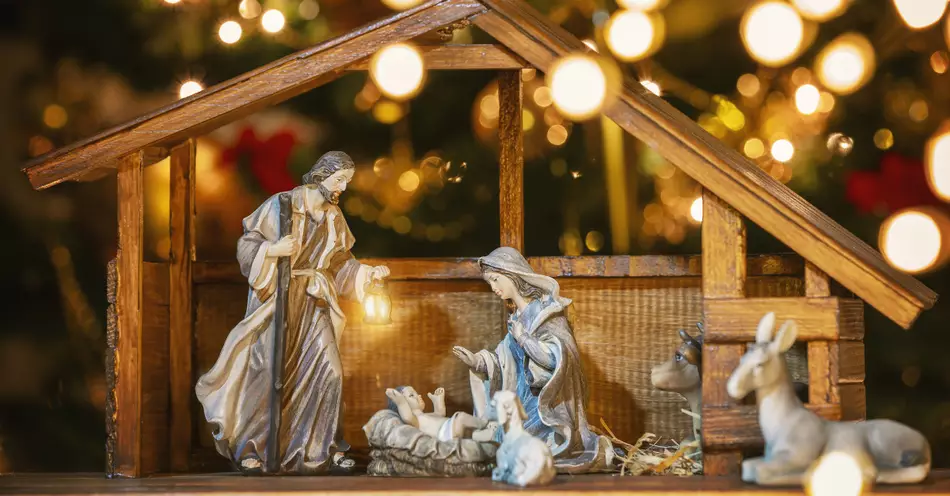Click here to go directly to our webpages and read the Update and other pages.
Listen to and follow our podcast "Sorry. What Did You Say?" on Spotify
Hello Friends.
Have you seen the weather forecast for this weekend? There is a giant swath of pink, blue, and magenta on the United States map. Click and go to the National Weather Service (NWS) map and then you can click on the most current predictions for a particular state and county. We are lucky to only get snow here in the Midwest. This is nothing too unusual for us. But the South will see sleet and freezing rain resulting in ice and record levels of snow. These areas do not usually get this type of weather, so they do not have the equipment to move the snow and they are not at all used to driving in this weather. People may be stuck for days.
Winter Weather Preparation
If you have been watching the news, you may have seen empty store shelves and city and state officials leading initiatives to prepare streets and citizens for the upcoming storms. News outlets are touting great words like "massive" storm and travel "nightmare" and "suffering" with temperatures.
Enjoy weather history: Calm down. Stay warm. Hunker down and sip tea, coffee, soup, hot chocolate (or any other warming beverage). Charge your electronics. Take your time. Top off your tank.
While snow can cause trouble moving around, ice can bring down powerlines and trees. Ice on your front steps are the unexpected risk! Watch your step!
Travel could be very difficult.
- If you must travel, keep an extra flashlight, food, and water in your vehicle in case of an emergency.
- The latest road conditions for the state you are calling from can be obtained by calling 5 1 1.
Here in Central Indiana the storm is predicted to last from 7:00 PM Saturday to 7:00 AM on Monday and have snow accumulation of four to eight inches with temperatures in the single digits. Wear layers and bundle up when you go outside. Cover exposed skin.
Close to Home: Carmel is Winter Ready
Each community has systems in place for this events. Be sure to follow instructions from your local community. Here is the communication from the City of Carmel (our homebase) as an example:
Carmel Is Prepared for Changing Weather Issues
The City of Carmel works hard to provide timely and accurate information to its residents and visitors regarding severe weather and snow removal throughout the winter season.
The Carmel Street Department has a fleet of 90 salt trucks and plows ready to battle the elements and keep our city streets safe.
The general threshold to trigger a city-wide plow is three inches. Once the heavy snow stops, main thoroughfares and secondary streets will be cleared and safe for travel. An all-city plow will then begin, including all neighborhood streets. Residents are advised to stay off the roads during the heavy snowfall and then afterward, be patient and allow for plenty of travel space while the snowplows are clearing the main thoroughfares. Paths and trails will be cleared in the days that follow once roads are cleared.
The city’s public safety leaders regularly work with county officials to ensure emergency services continue to operate throughout anticipated severe weather.
Updates related to street conditions and other storm-related matters will be posted on city social media pages. From the Carmel Weather Aware page.
Click on the picture for full screen.
Picture Books: Reading for More Than Content
Read Go Dog Go by P. D. Eastman. We spent almost 45 minutes on what is often a 5-15 minute read with a toddler or beginning reader. This book is a feast of learning color, prepositions, and understanding place. There is even a little romance for those of us who love a good serial rom com (pages 8, 26, 36, 62). Notice that we are watching the fun until you are asked to join when the word "come" is introduced. There is plenty of drama to talk about and describe. These are classics for the whole family.
Enjoy more in this genre:
Dr. Seuss: Cat in the Hat; One Fish, Two Fish Red Fish Blue Fish; Green Eggs and Ham; Hop on Pop; Fox in Socks; The Lorax; And to Think That I Saw in on Mulberry Street; How the Grinch Stole Christmas; The Sneetches; Oh, The Places You’ll Go
P. D. Eastman: Are You My Mother?; The Best Nest
Who or Whom?
Who and whom are always a conundrum for everyone. We had a nice discussion about which to use in our meeting, but what does AI have to say?
The difference between "who" and "whom" lies in their grammatical roles:
Who is used as a subject pronoun, referring to the person performing an action (e.g., "Who is coming to the party?").
Whom is used as an object pronoun, referring to the person affected by an action or following a preposition (e.g., "To whom should I address the letter?").
A simple rule to remember: if you can replace it with "he" or "she," use who; if you can replace it with "him" or "her," use whom. While "whom" is technically correct, it is less commonly used in casual conversation.
Then check the work and sources:
- idp ELTS: Grammar 101: Who vs whom: Grammar rules.
- GrammarBook.com: Who vs Whom
- Merriam-Webster: How to Use "Who" vs. "Whom"
International Friends Meeting Notes
International Bible Study: Monday, 8-9:00 PM, Zoom
No one was available to study. It is good to be with family and out of town!
January 26: We will read beginning with Exodus 31.
American English Language and Culture: Thursday, 9:00AM- 11:00 AM, Zoom
We had a massively interesting class where we picked apart sentences and then identified and labeled what we were observing using grammar labels and rules. Our practical example was "Go Dog Go", and you can find a comprehensive list of all the wonderous content we discovered packed in these 64 pages [in, at, or on--which is it?] our Class Notes tab.
Take a look at our whiteboard in Class Notes for a graphic summary of our conversations.
Explore diagramming sentences (by American grade level standards). K12 Reader offers worksheets and basic instructions to work through a graphic understanding of American English grammar by school grade level.
January 30: We are going to continue to lean in to reading and dissecting American Language and Culture. We have a snippet to read from Menopause Manifesto by Dr. Jen Gunter coming from one of our Friends.
American English for Kids: Thursday, 6:00-6:30 PM, private Zoom
We talked about standard ability tests. Ability is a great word. It can be
- Capability: can someone or someone do a particular thing
- Fitness: is someone or something prepared to do a particular thing
- Status: whether someone has the right or means to do or have something
A test is a measure. There may or may not be judgement in a test. Tests are used to gather data.
We started on Go, Dog. Go! We noticed the punctuation that the author uses to make his point. American English writing relies on punctuation to direct the intention of the story. That being said, be sure not to overuse exclamation points...Nothing is that exciting!











